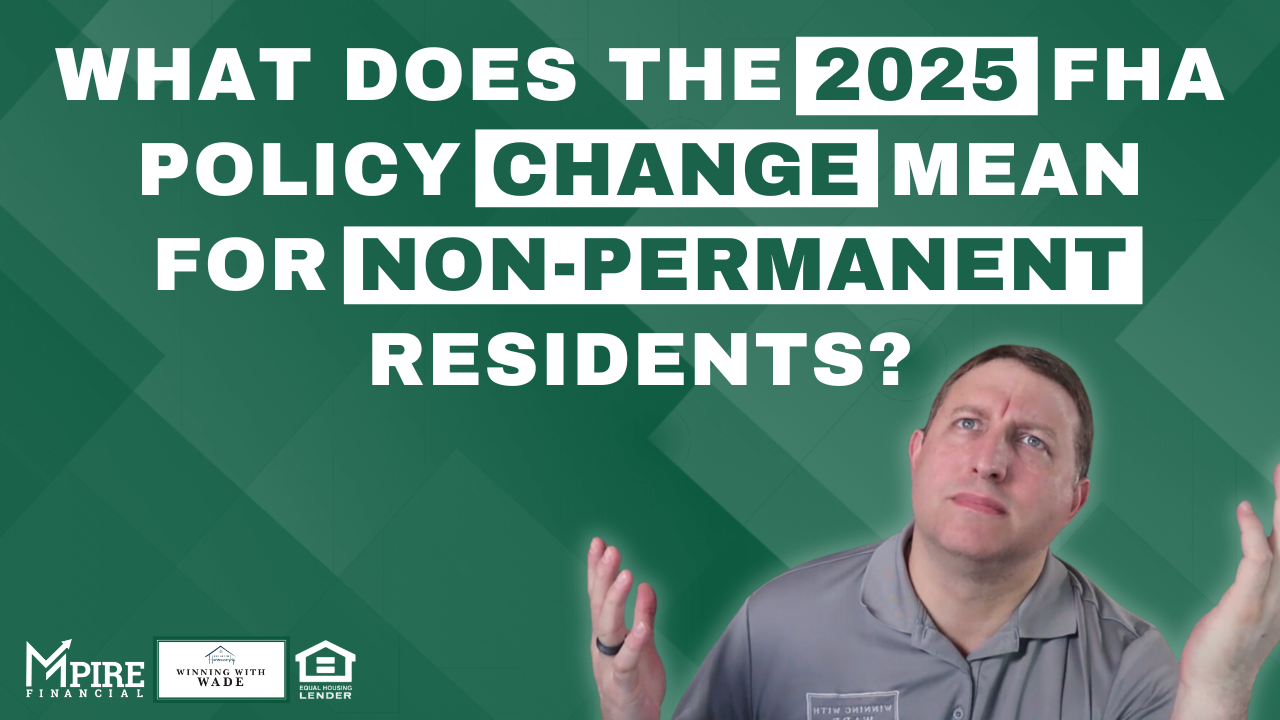The Federal Housing Administration (FHA) has long been a vital tool for helping Americans achieve…
Fannie Mae Financing Concessions – What You Need to Know
Fannie Mae financing concessions is a valuable tool for reducing upfront costs during a real estate transaction. This guide will break down the essentials, including what financing concessions cover, their limits, and how they benefit buyers and sellers.
What Are Financing Concessions?
In simple terms, financing concessions are costs that the seller agrees to pay on behalf of the buyer, which would typically be the buyer’s responsibility. These concessions help reduce the buyer’s out-of-pocket expenses at closing, making the process more affordable upfront.
Financing concessions are especially beneficial for buyers who might be cash-strapped, but sellers should also consider the limits and guidelines outlined by Fannie Mae to avoid complications with the loan process.
What Do Financing Concessions Cover?
Financing concessions can cover various costs associated with obtaining a mortgage. Here’s a breakdown of the common fees:
1. Origination Fees
- Includes processing, underwriting, and application fees.
- These are essential costs tied to creating the loan.
2. Discount Points
- Buyers often pay discount points to lower their mortgage interest rate.
- If the seller covers this cost, it qualifies as a financing concession.
3. Commitment Fees
- These are charges by the lender to lock in a specific interest rate.
- If the seller pays, it’s counted as a concession.
4. Appraisal Costs
- Typically paid by the buyer to assess the property’s value.
- If covered by the seller, it falls under financing concessions.
5. Other Costs
- Survey charges, title insurance premiums, real estate tax service fees, and more.
These concessions allow buyers to save money on essential upfront costs, which can be a significant advantage, especially for first-time homebuyers.
What Are Prepaid Items?
Prepaid items are additional costs that may also be included in financing concessions. These expenses cover items beyond the closing date, such as:
- Interest Charges: Limited to no more than 30 days.
- Real Estate Taxes: Covers periods after the settlement date.
- Hazard Insurance Premiums: Limited to 14 months.
- Homeowners Association (HOA) Dues: Transfer fees and other HOA costs.
- Mortgage Insurance Premiums: Includes escrow funds for renewal.
Though not the largest part of closing costs, prepaid items can still add up, making seller assistance in this area valuable for buyers.
Fannie Mae Limits on Financing Concessions
Fannie Mae sets specific limits on how much a seller can contribute toward a buyer’s closing costs. These limits depend on the loan-to-value ratio (LTV), which is the percentage of the home’s value being financed by the loan.
Here’s a quick overview:
- LTV > 90%: Seller can contribute up to 3% of the sales price.
- LTV 75%-90%: Seller can contribute up to 6% of the sales price.
- LTV < 75%: Seller can contribute up to 9% of the sales price.
For investment properties, the maximum financing concession is 2% of the sales price, regardless of the down payment.
Why Staying Within Limits Matters
Exceeding these limits can reclassify the excess amount as a sales concession, which may impact the home’s appraised value and the loan’s approval. Ensuring compliance with Fannie Mae guidelines is crucial to avoid these complications.
Why Financing Concessions Matter
Financing concessions can have a significant impact on both buyers and sellers. Let’s explore their benefits:
For Buyers
- Reduced Upfront Costs: Financing concessions can ease the financial burden of closing costs.
- Improved Affordability: Particularly beneficial for first-time buyers or those with smaller down payments.
- Flexibility: Buyers can use their savings for other expenses like moving or furnishing their new home.
For Sellers
- Increased Appeal: Offering concessions can make a property more attractive in competitive markets.
- Faster Sales: Buyers with limited funds may be more likely to close the deal when concessions are offered.
By strategically offering or negotiating financing concessions, both parties can benefit while ensuring a smooth transaction.
Common Misconceptions About Financing Concessions
1. Attorney Fees and Transfer Taxes
While local customs may dictate that sellers pay certain fees (e.g., attorney fees or transfer taxes), these costs are not considered financing concessions. Instead, they are part of a typical real estate transaction.
2. Unlimited Contributions
Sellers cannot simply cover all closing costs without adhering to Fannie Mae’s strict limits. Staying within the prescribed limits ensures compliance and protects the loan approval process.
Key Takeaways for Buyers and Sellers
- Understand the Limits: Know how much the seller can contribute based on the LTV ratio.
- Clarify Eligible Costs: Be clear on which expenses count as financing concessions and which do not.
- Negotiate Strategically: Both buyers and sellers can leverage concessions to achieve a mutually beneficial agreement.
- Consult Experts: If in doubt, consult a real estate or mortgage professional to ensure compliance with Fannie Mae guidelines.
How to Get Started
Whether you’re a buyer looking to maximize concessions or a seller aiming to attract offers, understanding financing concessions is essential. Our team is here to guide you through the process, ensuring all transactions align with Fannie Mae’s rules.
Book a One-on-One Consultation Today!
Have questions or need personalized advice? Click the link below to schedule a chat with our team. We’ll help you navigate this exciting stage of your real estate journey.




